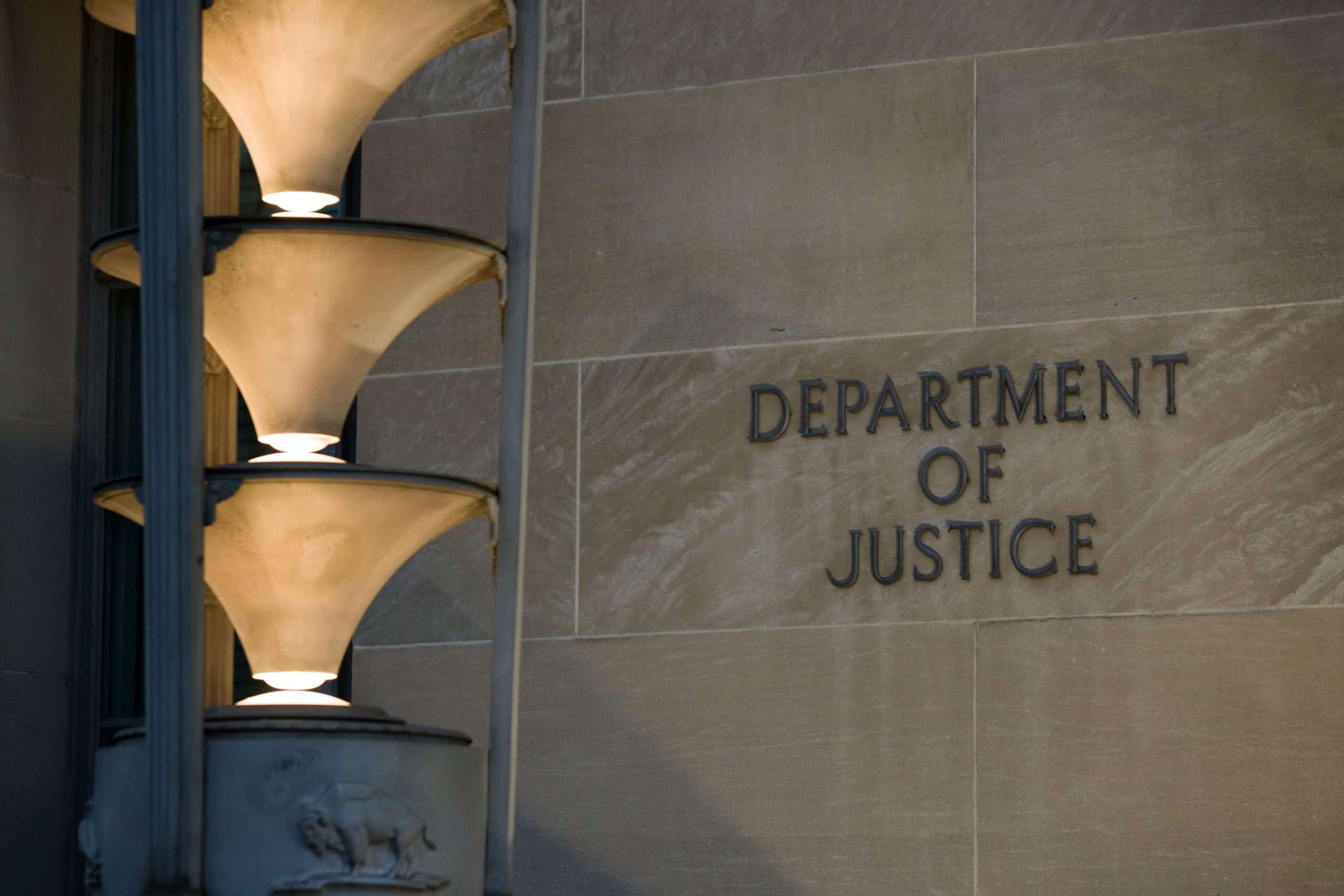Justice Brett Kavanaugh wrote the 5-4 opinion.
On Wednesday, the U.S. Supreme Court released its ruling that states can prosecute non-Natives who commit crimes against Native Americans within indigenous reservations.
In the opinion, Justice Kavanaugh wrote, “The Federal Government and the State have concurrent jurisdiction to prosecute crimes committed by non-Indians against Indians in Indian country.”
“To begin with,” he wrote, “the Constitution allows a State to exercise jurisdiction in Indian country. Indian country is part of the State, not separate from the State.” He continued, “[N]o federal law preempts the State’s exercise of jurisdiction over crimes committed by non-Indians against Indians in Indian country. And principles of tribal self-government likewise do not preempt state jurisdiction here.”
The case the Court decided came out of Oklahoma, but the opinion has the potential of redoing the court system not just in Oklahoma but in all 50 states. The ruling highlights the ambiguous nature of indigenous sovereignty in the U.S.
As the Lord Leads, Pray with Us…
- For the governing officials of the states as they seek to maintain law and order.
- That tribal leaders would be discerning in the application of laws and their nations’ sovereignty.
- For the justices of the Supreme Court as they take their recess and prepare for the coming term.
Sources: Axios, SCOTUSBlog









